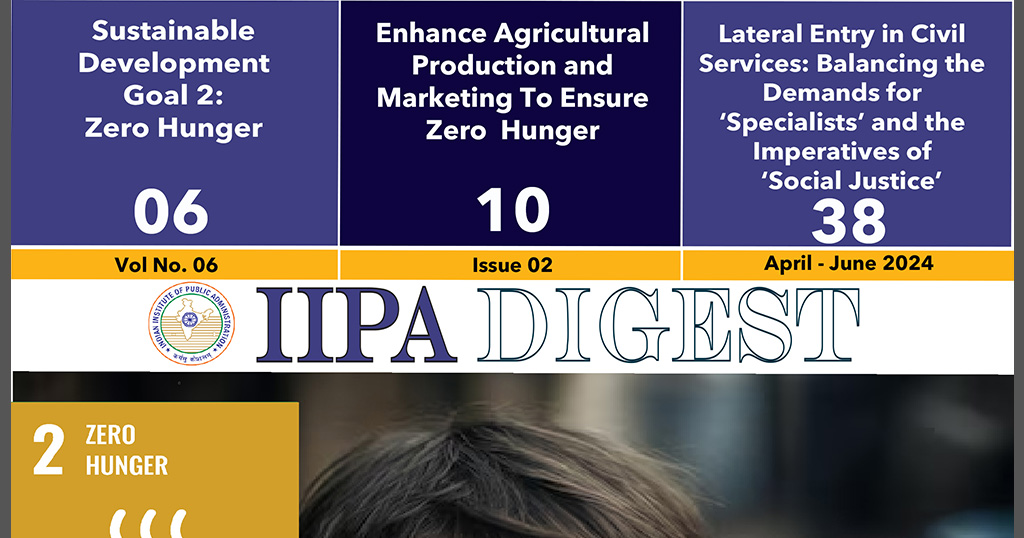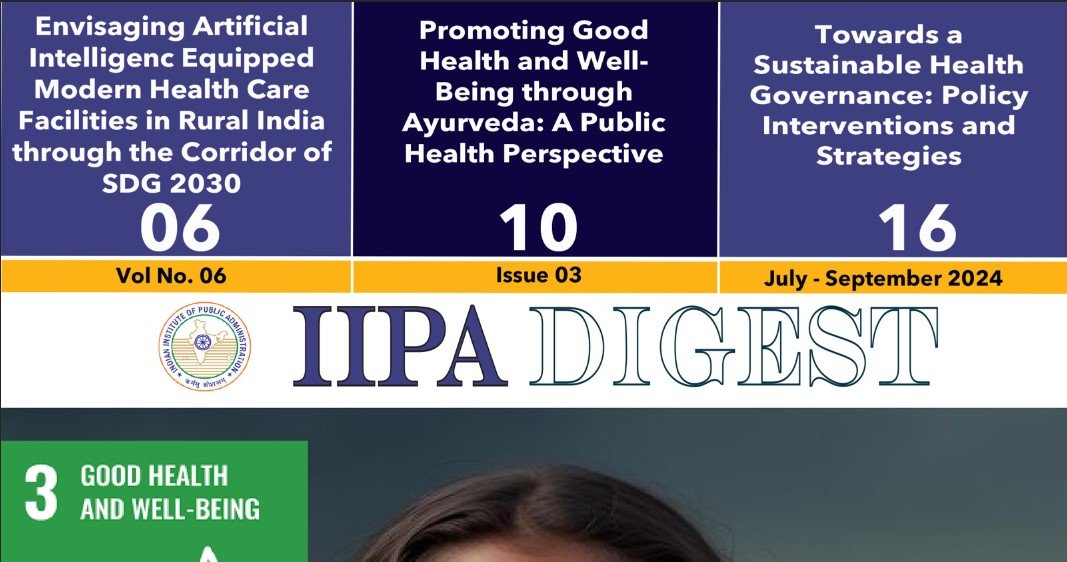There is an old saying that God provides even to an ant, so there is common belief that no one goes to sleep hungry. Yet we know how much the curse of hunger is rampant in almost all regions on earth. And it looks like that over exploitation of earth for more produce may prove counter productive. Fertiliser is another curse for soil and dangerous for health of consumers. The government is trying to make or suggest some alternatives like millets. Even free or cheap price rice is distributed by the government. For school going children.
The starkest truth is that there is nothing enough for providing food for all as the basic policy of any government. And if one would try for the same, no effort would be enough for the goal :zero hunger to be achieved. And bigger question is: why there is need for supplies from the government to every household. Are our people incapable of earning money for the basic need of providing food for oneself and one’s family.
For centuries we have faced famine in India. Our farmers depend on rains for their farmland. There is a lack of support of water supply for farmland. Moreover, the problem of scarcity of water is increasing because of natural resources drying up with unplanned construction in rural areas. Housing or widening of roads or other facilities are eating up farms and similar areas for industrial development. Moreover, many people are changing the way for more profit and growing international markets for sweet corn or whatever in demand. There is nothing wrong for farmers to sell their products in global markets. However, the challenge is how to reach out and stand together in competitive situations. Therefore they need mediators or big players for staying at the top. The quality check is another challenge. Simple people may find themselves in the web and consequently get cheated. Farmers are not happy as there is completely no way for having social security. Some of them get embroiled in wrong practices.
That’s why we need support for farming from people. We can invest in farming like collaborative projects without interfering in their lives.
Secondly, the protection for their farming from natural disasters is the demand of the day. Farmers’ market is that may not the best solution.
They should be able to sell directly so the mediators. Thirdly, the surplus products can be shipped out to global markets, but not at the cost of hunger in our own country.
The more significant factor is to channelise well-trained marketing experts at village level. We have seen some young people doing this job successfully even in remote areas. The need of the hour is that the afficient people must pledge that there should be zero waste of food and water.
The eternal truth is that everyone is born with one mouth and one stomach but with two hands and two feet. It means that everyone is capable of earning one’s own meal. The government has fixed minimum wages. Everyone must find something or the other for fetching one’s meals.
A young girl or boy must’ve determined mind for sharing burden of the family. We have so many new avenues for learning and earning. The fundamental principle for zero hunger is that nothing comes free. Finding ways to use one’s mind and limbs for earning for satisfying one’s own hunger lawfully is the first and foremost lesson for every living being and for evolution of humanity as well. This is required in the name of the civilised society. We learned early in life from our parents, “bhookha-pyasa padha padhosie tuu ne roti khai kyun” i.e. Why have you cut your bread if your neighbor is hungry. Thus, sharing is the fundamental mantra for achieving the sustainable goal of zero hunger.


